Six things a new blogger should know about working with brands
This post was inspired and sponsored by Domain.ME, the provider of the personal domains that end in .ME. As a company, they aim to promote thought leadership to the tech world. All thoughts and opinions are my own.
When I first became a blogger in 2014, I had no idea what I was doing. I wanted to tell stories. I wanted to encourage others and give a voice to adoption that was relatable and authentic. Not sugar-coated. Real.
I planned to use my blog and social media to grow an audience who would buy my book once I got around to writing said book. I was absolutely sure there would be a huge bidding war between major publishing houses over who got to publish my memoir. Once my book was published, my blog’s platform would provide me a built in audience of people who would buy it, read it, love it and land me on the New York Times bestseller list.
Fast forward more than two years and I’m not much closer to finishing a book than I was when I started my blog. I have a document saved in draft entitled “Book.” I’ve made a halfhearted attempt to search for literary agents. I understand the world of publishing (and self-publishing) a little better now and unfortunately, major publishing houses going to the mat over who gets to publish my memoir is probably not likely to happen.
When I started my blog, I saw it as a vehicle to get what I wanted, nothing more. And while I still might write that book one of these days, I’ve figured out that my blog can be a source of income in addition to being a place of storytelling and encouragement.
Businesses and brands recognize the value of influencer advertising – using personal websites and bloggers to generate interest about their products and services. We consume news and information electronically. Today’s consumer is less likely to buy a magazine at the news stand or scour the Sunday paper for ads and more likely to read and shop online.
Your favorite blogger shows up every time you open Facebook or Instagram.
Hey, she’s holding some kind of energy drink and she’s smiling. What’s that she’s got there?
And that’s how it works.
I started working with brands fairly early on in my blogging career – and yes, I said career without hesitation. If you’re snickering over my word choices, go right ahead. My tax returns and my level of job satisfaction make up for any naysayers out there.
If you’re a just-starting-out blogger and are interested in blog monetization or brand partnerships, great! Here are six of my best tips to finding success with these partnerships and creating sponsored content that you’ll be happy with.
-
Know your worth
A blogger might not have the audience to demand premium sponsored post fees six months after starting your blog but everyone's time is worth something. There are companies out there that will take advantage of a new bloggers' lack of knowledge and lack of confidence.
If a company offers a selfie stick and wants you to create and promote a 500 word blog post with images, and links to their product without compensating you, stop and think. You might only have 100 people following you on social media but if brands are reaching out to you (and they will reach out) they’re doing so because they want their selfie stick in front of your 100 people.
Your time has value. Decide what your expected compensation is and unapologetically ask for it. That doesn’t mean you can’t negotiate (one of the perks of being your own boss) but don’t think your work and a spot in your digital space aren’t worth something, no matter how new you are.
-
Everyone has to start somewhere
I don’t believe bloggers should provide advertising for no compensation and for me, compensation means cash money. I get a ton of requests to do posts in exchange for app subscriptions, cookies, laundry detergent and mattress covers and the answer is always no. I’ve been at this awhile and I can afford to be more selective. If a company approaches me, I not only have an audience behind me but I have experience. I can send samples of my sponsored work that in some cases, has sealed the deal on a new gig.
[Tweet “6 tips for new bloggers who want to work with brands”]
If you’re brand new, you might start out working in exchange for merchandise but that doesn’t mean you can’t negotiate. Ask about store credit, gift cards or perks for your readers. Make promotion of your blog post on client social channels part of the deal.
Don’t be afraid to start small but don’t be afraid to recognize your worth and raise your rates once things get going.
-
Be dependable
Working with brands on sponsored content is a job. It’s a fun job and it offers a lot of flexibility but it’s still a job. Be timely. Don’t take three days to answer an email. Turn your work in when it’s due or when you say you’re going to.
Blogging is like any other business. You’re building an online reputation. Decisions on sponsored posts are often made by public relations people who might represent several brands. Don’t limit your future opportunities for blog monetization by being flaky when it comes to blogger partnerships. Even though you're working in a virtual world, you still have the obligation to be professional. This goes a loooong way in building a positive online reputation – and that is what you want!
-
Be authentic and selective
Write in your own voice. If a brand hired you for a campaign, they’re familiar with your online presence. Don’t change your voice because you think you need to sound like an infomercial.
Don’t jump on campaigns that aren’t the right fit for you. I recently had a blogging friend recently ask my advice about applying for an opportunity with a major brand to write about lunch meat. This lunch meat contained preservatives and my friend is a super duper natural foods girl and posts online frequently about what she’s comfortable feeding her family…and what she’s not.
“I’d never actually let my kids eat that stuff, but it’s a great opportunity.”
A great opportunity to what? Be completely fake by telling your readers this is the most awesome sliced turkey ever when that sandwich is going in the garbage after you finished taking a picture of your kids pretending to eat it?
Bottom line, if it’s not a product or service you can get behind and write about authentically, pass. Something will come along that is a fit.
-
Communicate up front
So, you’ve found the perfect sponsored opportunity. Yay! You’re excited about the product and the client seems great to work with and values what you bring to the table. Get excited but don’t get sloppy.
Make sure you’re on the same page as far as when your work is due, how often the post will be promoted, what hashtags are required, how many links to the client website are expected, when and how you’ll be paid, when and how (or even if) you’ll receive product samples and perhaps most important, what happens if you absolutely hate the product?
If you think the product is a dud and cannot in good faith write something great about it, you need to tell your client immediately. In most cases, you’re not being hired to review but to advertise. No one is going to want to pay you to write about how their product is the worst thing ever. I personally don’t lead with “what if I hate your product” but if I find I can’t write about it positively, I reach out ASAP. Your online reputation hinges on you being authentic and genuine.
Keep those lines of communication open. When you’re just starting out as a blogger working with brands, make a list of those how, when and what-if questions and don’t be afraid to ask them early.
[Tweet “If you're a blogger looking to work w/brands, here are 6 tips for YOU!”]
-
Know the rules
If you’re being compensated, you have to disclose that, both in your blog post and on social media. Make sure you understand the difference between do-follow and no-follow links and why a client who asks you to place a do-follow link is probably bad news. Read any instructions a client gives you carefully, and, even if it's dry, read the fine print. For more info on sponsored post contracts, read HERE.
It takes time and patience to make your blog a profitable business endeavor. Keeping the balance between authentic storytelling and running my website for profit isn’t always easy and I’ve gotten to the place I am through a ton of trial and error and a lot of luck.
Turning a hobby blog into a business can be overwhelming. There's a lot to learn when it comes to blog monetization but there are a lot of tools and resources out there (hopefully this is one!) to help you. One other tip I’d love to pass on is for the new blogger to consider a .ME domain as the perfect extension to your blogging business. Domain.ME is a domain name provider that lets you create a unique, safe identity online with a domain ending in .ME. Bloggers can register a domain name through one of 190 accredited registrars that operate as .ME resellers. .ME isn't a website or a website builder, but what it can do is provide you with the space you need to build your personal brand and create a captivating online persona that’s a direct reflection of you. You are not just a blogger, you're an entrepreneur. Grabbing your .ME domain is a step in the direction of treating your business like a business. What are you waiting for?!?
I hope this has been helpful. Thanks again to .ME for inspiring and sponsoring this post!
Parting shot: If you've just decided to look at your blog as a business and dip your toes into working with brands, get smart and learn all you can. Know your worth. And above all, be yourself.
If you have a pin board to keep all of your blogging knowledge posts for future reference (and if you don't, go make one now!) you can pin the image below.
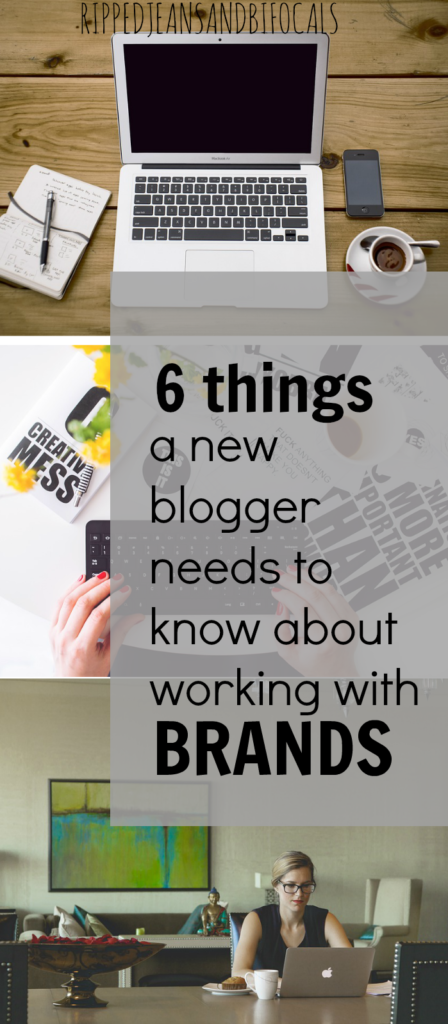
Thank you for reading!

Follow Ripped Jeans and Bifocals's board All things blogging on Pinterest.
A vote on Top Mommy Blogs helps my site a ton. It's super easy & one click helps me to be able to continue to bring you great content. Totally non-spammy…I promise!



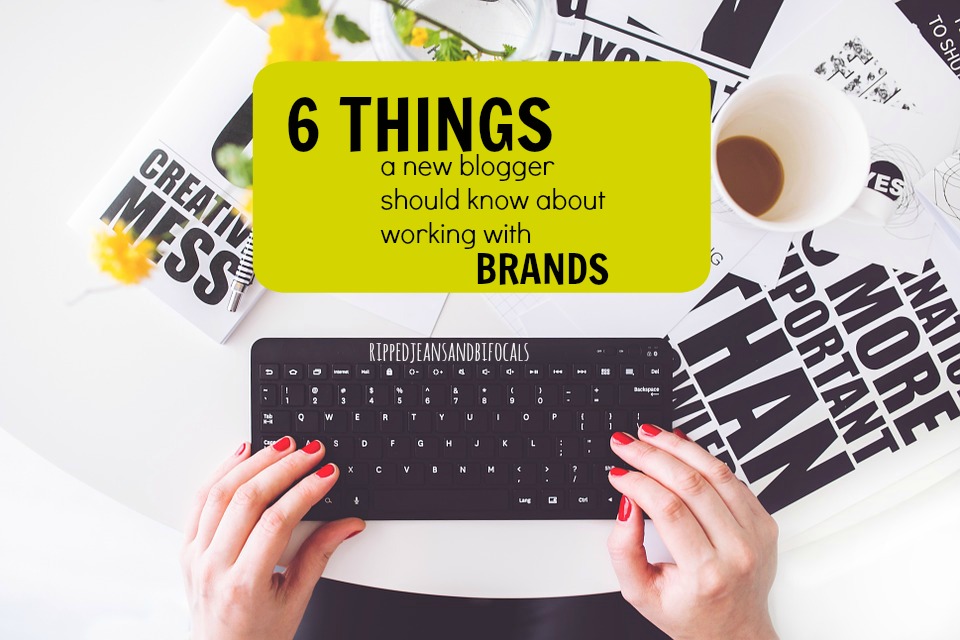
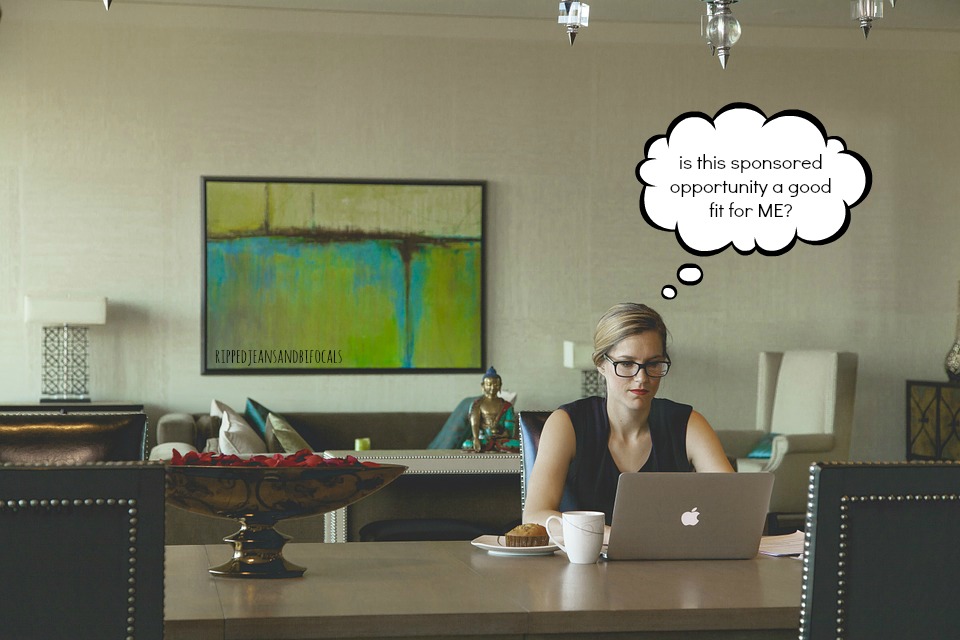


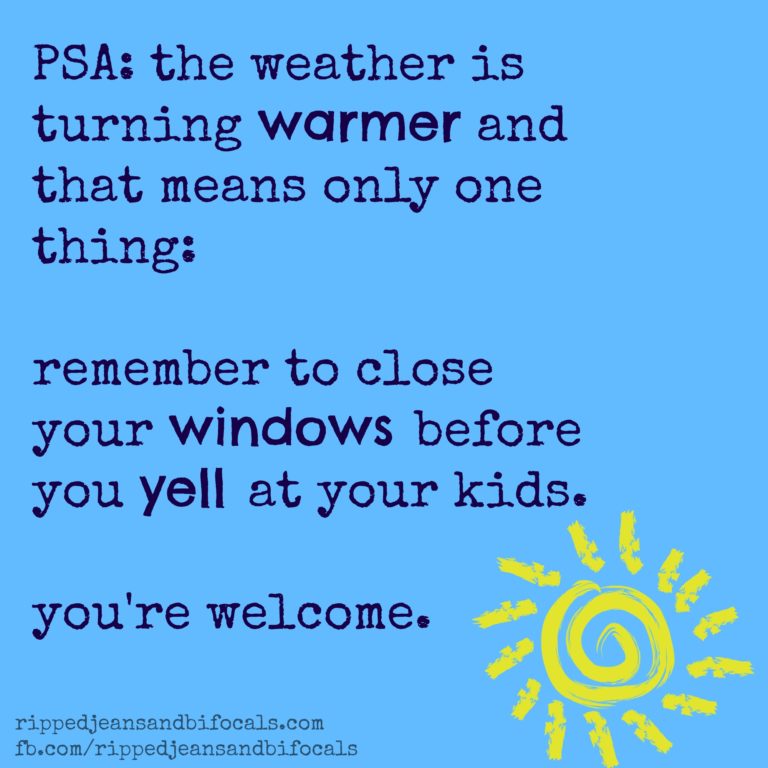


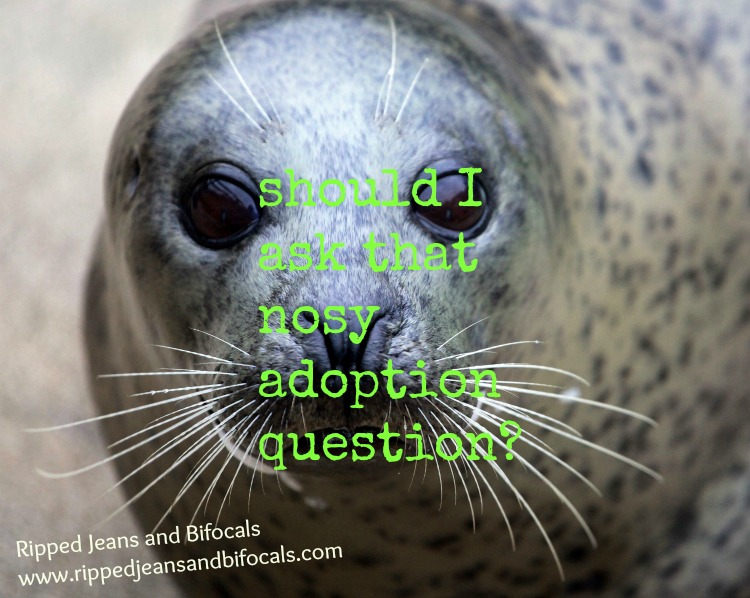

I have a .me! LOVE this post, fantastic advice
Great tips Jill. & .me is something I don’t have but, would consider getting.